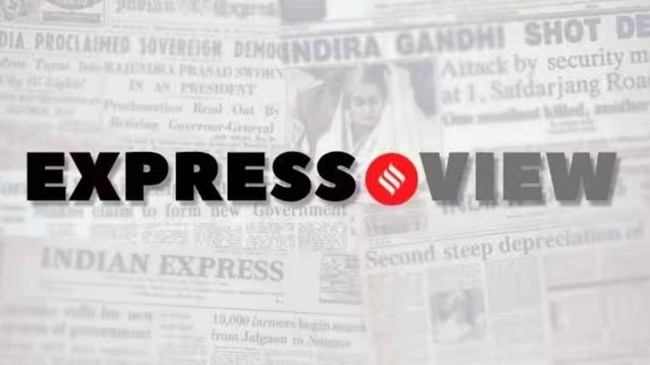Opinion Japan is tightening rules for baby names, and that is fine
What’s in a name, but really shouldn’t be? According to the Japanese government, quite a few things
 This is a problem for the Japanese language in particular due to the nature of kanji, a logographic script derived from Chinese in which each character has its own meaning and can have multiple pronunciations.
This is a problem for the Japanese language in particular due to the nature of kanji, a logographic script derived from Chinese in which each character has its own meaning and can have multiple pronunciations. What’s in a name, but really shouldn’t be? According to the Japanese government, quite a few things. It’s tightening the rules for baby names, in a bid to stem a rising tide of flashy and obscure onomastics. A debate has been raging over such names for decades, and there’s even a term for them: Kirakira, or “sparkling” names. They could be from anime characters, foreign words, uncommon readings of Japanese characters or kanji. Pikachu, Winnie the Pooh, Simba, all sorts of English words (“tomorrow”, “sugar”) — all were fair game, until now.
This is a problem for the Japanese language in particular due to the nature of kanji, a logographic script derived from Chinese in which each character has its own meaning and can have multiple pronunciations. Many kanji can be read as either a Chinese loanword or a native Japanese word with the same meaning, and inventive parents can make a game out of it. For instance, there’s a name written with the kanji for “moon”, which is tsuki in Japanese — but in this case, the parents decided it should be pronounced “Luna”, the Latin word for “moon”. The question is how anybody else is supposed to know that. It’s a headache for schools and hospitals, which is why a new law says only “generally accepted” readings will be allowed and parents will have to register the pronunciations with local authorities.
Japan is only adding to existing regulations, and it’s just one of many countries, from Iceland to Malaysia, that have such rules. The problem can be framed in several ways: Cultural conservatism vs globalisation, collectivism vs individualism, the phonetic police shackling creativity. But it becomes simpler if one recalls the New Zealand girl who was made a ward of court so she could change her name from Talula Does The Hula From Hawaii. Think of the children, and what they could suffer in the classroom and on the playground.






